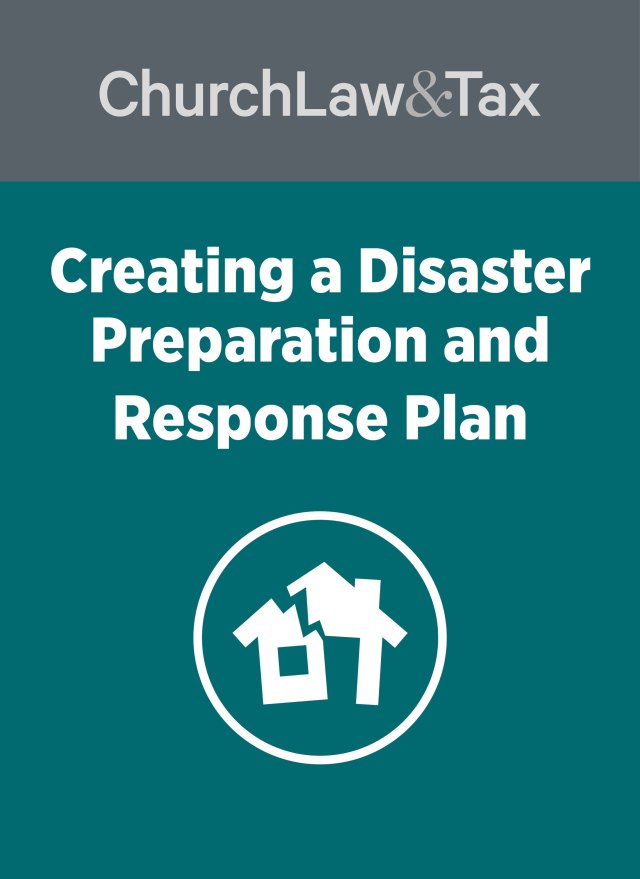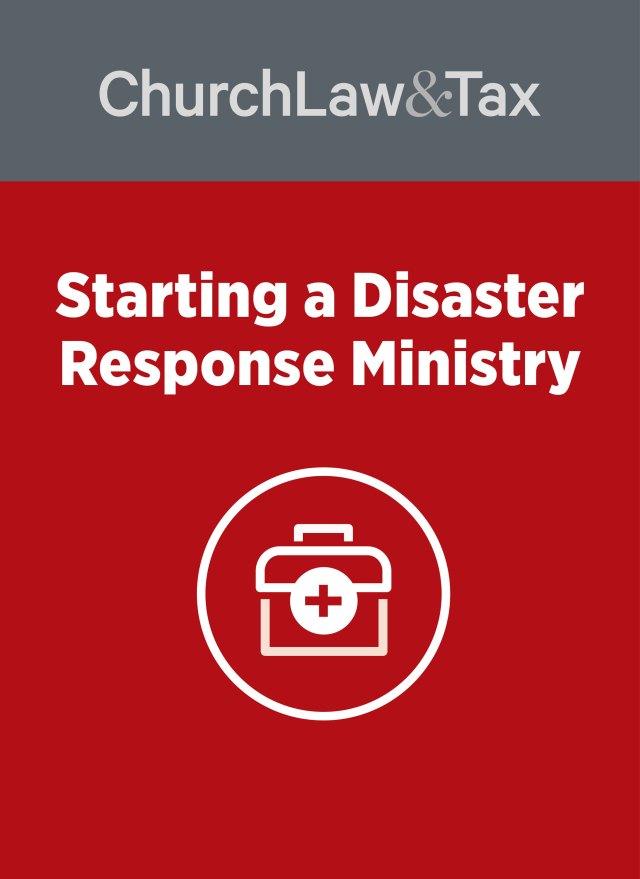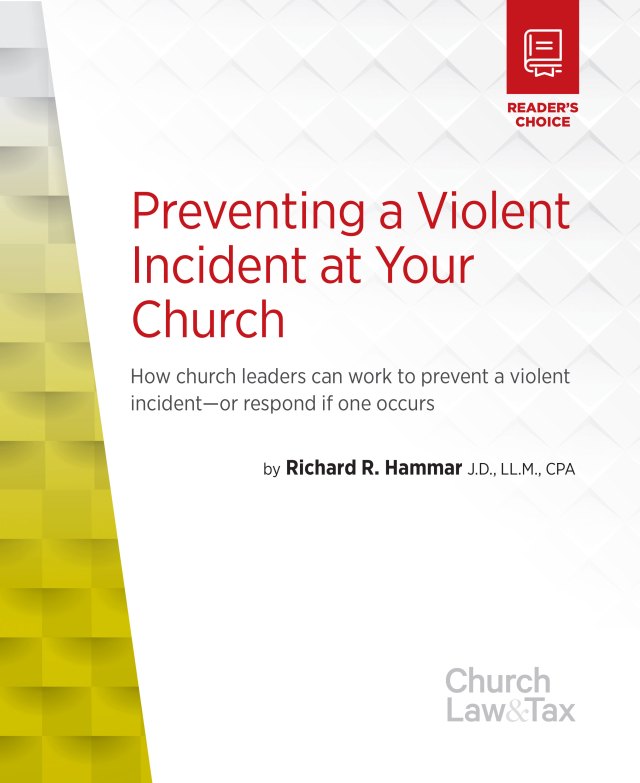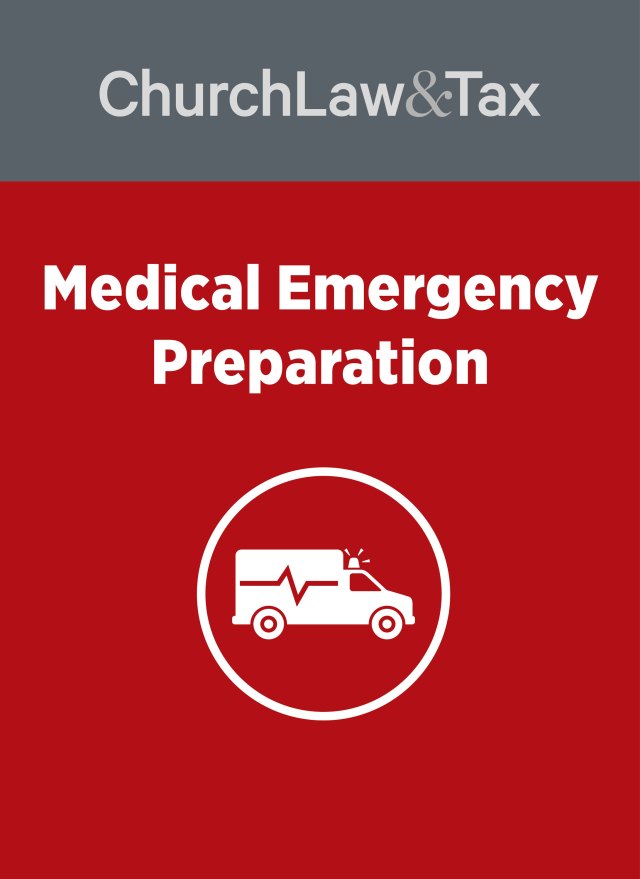In response to the record number of tornadoes in 2011, and projections for an above-average number of hurricanes, the IRS has issued guidance to assist individuals and employers in preparing for natural disasters. The IRS recommends the following steps:
1. Take Advantage of Paperless Recordkeeping for Financial and Tax Records
Many people receive bank statements and documents by e-mail. This method is an outstanding way to secure financial records. Important tax records, such as W-2s, tax returns, and other paper documents, can be scanned onto an electronic format.
Back up your electronic files and store them in a safe place. Make duplicates and keep them in a separate location. Other options include copying files onto a CD or DVD. Also, many retail stores sell computer software packages for recordkeeping.
For off-site records storage, convenience should not be your primary concern. A disaster that strikes is also likely to affect other facilities nearby, making quick retrieval of your records difficult and maybe even impossible.
2. Document Valuables and Business Equipment
The IRS has disaster loss workbooks for individuals (Publication 584, Casualty, Disaster, and Theft Loss Workbook) and businesses (Publication 584-B, Business Casualty, Disaster, and Theft Loss Workbook) that can help you compile a room-by-room list of your belongings or business equipment. This will help you recall and prove the market value of items for insurance and casualty loss claims.
One option is to photograph or videotape the contents of your home or church, especially items of greater value. Ideally, you should store the photos off-site, away from the geographic area of risk.
3. Check on Fiduciary Bonds
Employers who use payroll service providers should ask the provider if it has a fiduciary bond in place. The bond could protect the employer in the event of default by the payroll service provider.
4. Continuity of Operations Planning for Businesses
How quickly your church can get back to business after a disaster often depends on emergency planning done today. Start planning now to improve the likelihood that your church will survive and recover. Review your emergency plans annually. The following preparedness strategies are common to all disasters:
- Learn where to seek shelter from all types of hazards.
- Back up your computer data systems regularly.
- Decide how you will communicate with employees, members, and others.
- Use cell phones, walkie-talkies, or other devices that do not rely on electricity as a backup to your telecommunications system.
5. Review Insurance
Periodically review your church insurance coverage with your insurance agent to be sure you are adequately insured in the event of a natural disaster.
6. IRS Assistance
If disaster strikes, you can call 1-866-562-5227 to speak with an IRS specialist trained to handle disaster-related issues.
Back copies of previously filed tax returns and all attachments, including Forms W-2, can be requested by filing Form 4506, Request for Copy of Tax Return.
Alternatively, transcripts showing most line items on these returns can be ordered online by calling 1-800-908- 9946 or by using Form 4506T-EZ, Short Form Request for Individual Tax Return Transcript or Form 4506-T, Request for Transcript of Tax Return.




